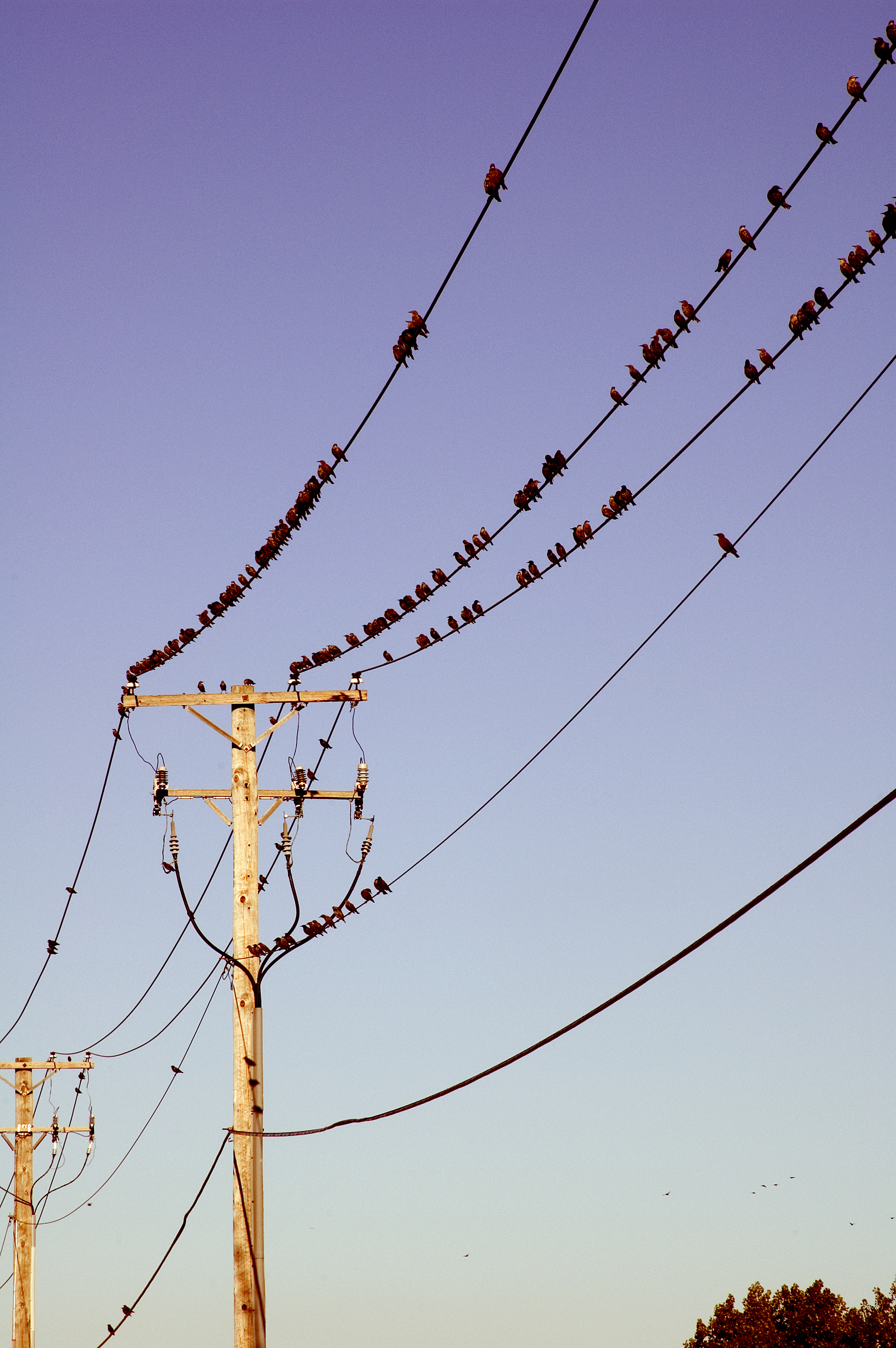Energy challenges in Moldova in the wake of Russia’s invasion of Ukraine

As a small landlocked country in Eastern Europe, Moldova faces many challenges in its energy sector, caused by its low energy self-sufficiency and its reliance on imports for most of its energy demand. Around 80% of its energy consumption is met by imports, mainly from Russia and Ukraine. Moldova is especially dependent on natural gas from Russia, which accounts for about 40% of its primary energy supply, and that makes the country vulnerable to disruptions, price fluctuations, and political pressures from its main energy suppliers.
Moldova's energy sector is also inefficient, outdated, and poorly regulated. Moldova has one of the highest energy intensities in Europe, meaning that it uses a lot of energy to produce a unit of GDP, and its energy infrastructure is in need of modernization and maintenance, without having an energy market that is fully liberalized and competitive, but suffering from corruption and lack of transparency. The country's energy tariffs are often below cost-recovery levels, which discourages investments and encourages wasteful consumption.
Moldova's energy situation has worsened in recent years. The COVID-19 pandemic has affected its economy and reduced its energy demand and revenues and the war in neighboring Ukraine has disrupted Moldova's electricity imports and increased security risks. The global energy crisis in late 2021 has caused a surge in energy prices and a shortage of natural gas supplies. These factors have increased Moldova's energy vulnerability and poverty, and threatened its energy security and stability.
However, the country has received social help for its energy needs from various sources. The European Union (EU) has been Moldova's main partner in supporting its energy sector reforms and integration with the European energy market. The EU has provided financial and technical assistance for improving its energy efficiency, diversifying its energy sources, and developing its renewable energy potential. The EU has also helped Moldova to build a gas interconnector with Romania, which will reduce its dependence on Russian gas and increase its energy options.
The United States Agency for International Development (USAID) has also supported Moldova in strengthening and diversifying its energy sector. USAID has helped Moldova to connect its electricity system to the European grid, which will create an open and competitive electricity market and enable fair and transparent procurement of cleaner energy. USAID has also helped Moldova to increase its renewable energy integration and enhance its climate change resilience, and it has provided humanitarian assistance to Moldova to cope with the energy crisis and mitigate its social impacts.
The United Nations Development Programme (UNDP) has assisted Moldova in addressing the impacts of the energy crisis and energy poverty, by helping it assess its energy poverty situation and design support mechanisms for the most vulnerable households and communities. UNDP has also helped Moldova to tackle the systemic challenges in its energy sector and promote the energy transition to a low-carbon and resilient future.
By Ioana Belu

